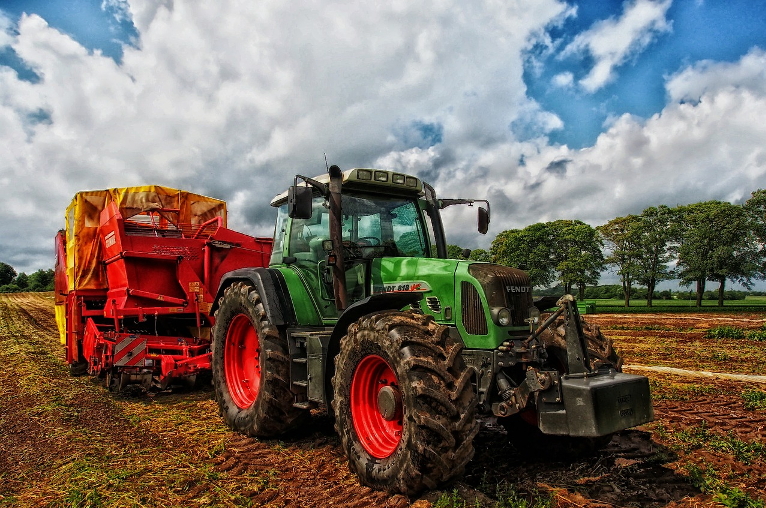For all intents and purposes, we are the beneficiaries of a slave economy. We may have exchanged human chattel for the energy slaves contained in a barrel of oil and the machines that consume it, but the economics work out the same and we can’t walk away without giving up status and wealth.
Thomas Jefferson well understood the conflict between the words “all men are created equal” and the reality of being part of a slaveholding economy. He called slavery a “moral depravity” and a “hideous blot” on our country. He asserted that all had the right to personal freedom. And yet, he did not free his slaves.
This life we all live, powered by fossil fuel slaves, is certainly not a system based on the indentured misery of human slavery. It does, however, produce the same relationship between we the slaveholders and our property, a destruction of life, a high moral cost, and dependency on an unsustainable system. In this system, our slaves labor tirelessly to provide us with a level of grand living that would not be attainable if we relied on our own two hands. These units of stored sunlight, the busy hands of eons past, they slave away, providing comforts, doing the hard work, making clothes, shipping wine to the table, toiling in the fields, building us roads to leave by and planes to fly —at a resource cost that dooms ours, as all such slave empires, to the dusty midden of history.
Some think that in this established order there is no need to change: We are the rightful masters. God declared our right to make all subordinate to our needs. There is no moral depravity in looting this world. Our modern slaves exist to make our lives ones of comfort and ease, of mint juleps taken on the veranda. This is the “natural” world, the natural order.
Others (and I am one of them) sip on juleps and read, discuss, and try to understand the horrifying consequences of using up a limited resource. We are the self-styled enlightened. The knowledge that our privileged place is built on the lashed back of a ruined planet does not escape the grip of our soft thinking and our softer hands. We know the machines can’t keep working for us without being fed. We see the warning signs that the land is being worn out, the animals disappearing in a great new extinction, the endless offspring of our own species displacing the native flora and fauna, the waterways and the oceans soiled and empty of life.
And so we act as the planters of old acted. We make deals with our moral depravity. We use our blood money to buy “green” machinery that we hope exempts us from exploitation of the slave economy. We pledge not to buy more slaves. We put the old slaves on the block to be sold for new ones that, we tell ourselves, don’t need to be fed: sustainable slavery. All the while we conveniently ignore the huge numbers of the old order that will always be needed to build and maintain the new.
We think that if we use the profits of this hideous trade wisely, it will be for the betterment of the planet. But blood money is always blood money, and the game comes to the same end: a ruined planet. Meanwhile, wed to our Faustian bargain, we defer abolition for another generation, for our comfort is our birthright on this poor enslaved planet.
Someday, perhaps in our lifetime, the starving slaves will disappear in the middle of the night — the planet in revolt. Weeping, we will step out on the veranda of our mighty homes, calling out in vain for another julep, a sumptuous plate of food. Weak and alone, we will stumble into the fields and take unfamiliar tools into our hands, only to find the land bled dry, exhausted by our profligacy, refusing and unable to extend a hand of help.
We will then walk out the gates and begin a life of wandering through a shattered landscape. We will gather around a fire at night and tell stories to skinny offspring of the grand days when we lived in the big house.






